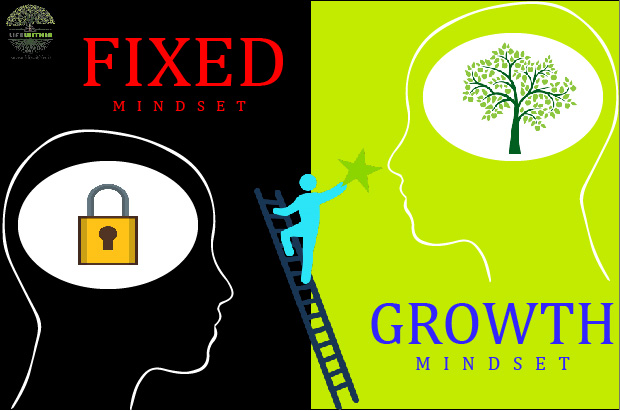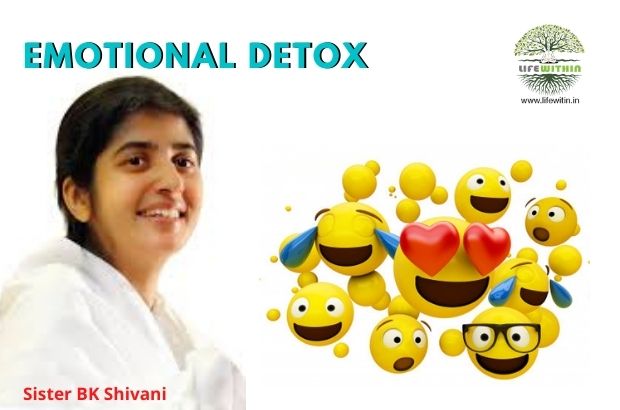GROWTH MINDSET VS FIXED MINDSET
Do you know that the way we think about ourselves and our abilities really shapes our lives? According to science, the...
- by Sakshi Bisht
- Nov 25, 2021
- 466 views

Do you know that the way we think about ourselves and our abilities really shapes our lives?
According to science, the human brain stops developing in childhood but is constantly evolving and changing. The way we think about our intellect and talents affects the way we feel, what we achieve or if we will go on to develop new skills.
A study done by King’s College in London found that replacing the usual flow of verbal worry with a positive attitude and mindset sentences reduces stress, worry and anxiety.
GROWTH MINDSET
A growth mindset means that one believes that intelligence and talents can be developed or improved over time.
- It is about embracing flaws and mistakes as opportunities for growth, accepting setbacks as a part of the learning process and feeling empowered to reach goals.
- One will willingly embrace challenges and risks in the possible future.
- One sees intelligence as something you can develop over time.
- Believing that effort and practice can lead to mastery.
- Seeing failure as temporary setbacks and persist in the achievement of goals.
- Seeing other people’s success as a source of inspiration.
- Views feedback as an opportunity to grow applies constructive criticism.
FIXED MINDSET
A fixed mindset means that one believes that intelligence and talent is fixed or static—so if someone is not good at something, he/she might believe they’ll never be good at it.
- It is about hiding flaws and mistakes and feeling ashamed about failures, giving up easily and being unmotivated to strive for goals.
- One will avoid challenges to prevent the possibility of failure.
- One sees intelligence and talent as fixed.
- Believing that intelligence and talent are innate so effort and practice are not important.
- Fears from failure, give up easily and view temporary setbacks as permanent failures.
- Seeing other people’s success as a source of jealousy or threat.
- Views feedback as a personal attack and ignore constructive criticism.
Let’s understand the concept with a few statements.
| GROWTH MINDSET | FIXED MINDSET |
| Failure is an opportunity to grow | Failure is the limit of my abilities |
I can learn to do anything I put my mind to. | I’m either good at something or I’m not. |
| Challenges help me grow. | I don’t like to be challenged. |
My effort and attitude determine my abilities. | My potential is predetermined. |
| Feedback is constructive. | Feedback and criticism are personal. |
| I like to try new things. | I stick to what I know. |
Benefits of Growth mindset:
➔ Shows significantly higher motivation among people.
➔ Improves academic performance.
➔ Helps in acknowledging and embracing imperfections.
➔ Results in fewer psychological problems.
➔ Helps in alleviating stress.
➔ One stops seeking approval.
➔ Copes better with change.
➔ Results in fewer behavioural issues.
➔ Improves self-regulation.
➔ Enhance overall self-esteem.
➔ Owning your attitude.
How to develop a growth mindset?
➢ First, you need to understand that scientifically your brain can grow
and learn.
➢ Find your purpose and you’ll find many ways to achieve that goal.
➢ Try viewing challenges as opportunities and not setbacks.
➢ Hold on to your grit.
➢ Create clear and realistic goals.
➢ Focus on growth over speed.
➢ Handle criticism positively.
➢ Take risks in front of others.
➢ Value and enjoy the process over the end result.




.png)








